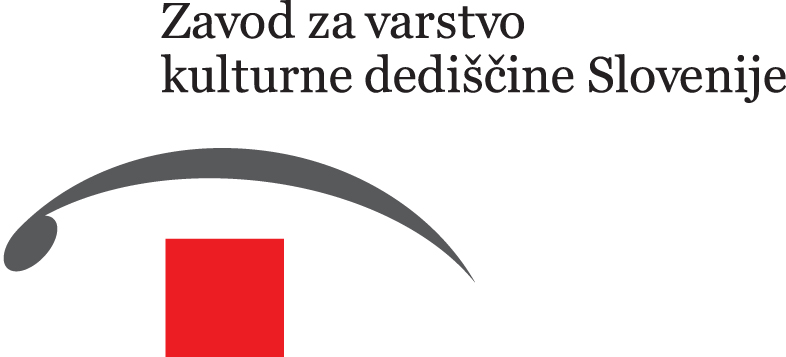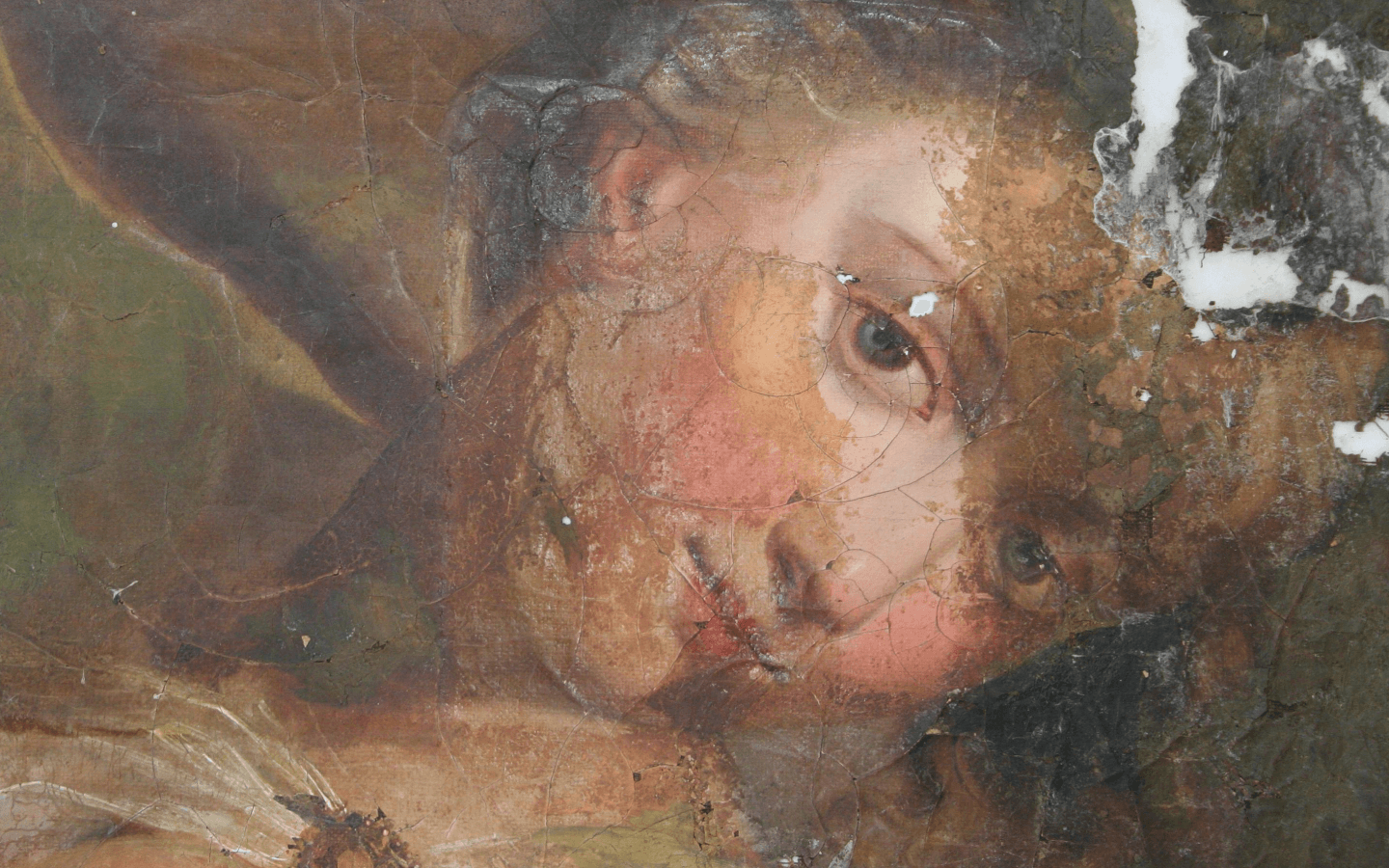E-RIHS (European Research Infrastructure for Heritage Science) is the European Research Infrastructure for Heritage Science.

E-RIHS (European Research Infrastructure for Heritage Science)
Research infrastructure network
Within this distributed (dispersed) research infrastructure network to support science for the interpretation, conservation and management of cultural heritage, we will establish:
- E-RIHS.SI National Hub,
- mobile and stationary laboratory with associated national research infrastructure
- digital laboratory
- access to physical collections/archives
The agreement establishing the E-RIHS.si consortium was concluded between the founding members of E-RIHS.si: Slovenian Institute for the Protection of Cultural Heritage (ZVKDS) and the University of Ljubljana (UL). By signing Annexes to the E-RIHS Consortium Agreement, the following institutions joined the consortium: Institute for the Protection of Cultural Heritage of Slovenia (IPCHS), Jožef Stefan Institute (IJS), the Institute of Chemistry (KI), the National and University Library (NUK), the University of Maribor (UM), the University of Primorska (UPr) and the Building Research Institute of Slovenia (ZAG).
Researchers from the Slovenian Ethnographic Museum, together with the Laboratory for Heritage Science at the Faculty of Chemistry and Chemical Technology, University of Ljubljana, have been granted trans-national access within the IPERION HS project "Spectroscopic analysis of a collection of African-Islamic paper talismans". This research will contribute to a better understanding of the composition and conservation of these precious African-Islamic objects and to knowledge of their history and origin.
E-RIHS.SI supports the leading role of Slovenian heritage science and its international involvement, and provides Slovenian cultural and archival institutions with access to research infrastructure and treatment of cultural heritage objects, which is currently available only rarely and to a limited extent.
With the creation of E-RIHS.SI, we support collaborative interdisciplinary research, access to cutting-edge research equipment, methodologies, data and tools, and highly trained staff. The theme supports research on both tangible and intangible heritage and the preservation, processing, interpretation and optimal use of data.
Heritage science has its core in the natural sciences such as chemistry, physics, biology, computer, environmental and other sciences and engineering, but requires close collaboration with the socio-economic sciences and the humanities. Due to its interdisciplinary nature, it requires both laboratory and archival and digital infrastructure.
Strategic planning avoids duplication of equipment and research and increases the competitiveness of European cultural heritage science. E-RIHS builds on existing initiatives such as IPERION CH, ARIADNE, PARTHENOS and clusters of projects that support the integration of E-RIHS.
The e-RIHS is built on four access modalities:
- ARCHLAB, representing the archives of cultural heritage institutions;
- FIXLAB: a cluster of stationary laboratories;
- MOLAB is a mobile laboratory for non-invasive, on-site measurements;
- DIGILAB is a set of digital methods for processing, maintaining and archiving data.
The E-RIHS is currently in the Preparatory Phase (E-RIHS Preparatory Phase), funded by the EU under the Horizon 2020 call INFRADEV-02-2016. During the course of the project (2017-2020), we will develop a business plan for the operation of the E-RIHS at European level, and at national level we will develop an E-RIHS Hub. This will consist of the above-mentioned laboratories (ARCHLAB, FIXLAB, MOLAB and DIGILAB), within which we will link Slovenian research institutions and researchers with cultural heritage institutions on the basis of excellence.





